Publications
Articles, publications, books, tools and multimedia features from the U.S. Institute of Peace provide the latest news, analysis, research findings, practitioner guides and reports, all related to the conflict zones and issues that are at the center of the Institute’s work to prevent and reduce violent conflict.
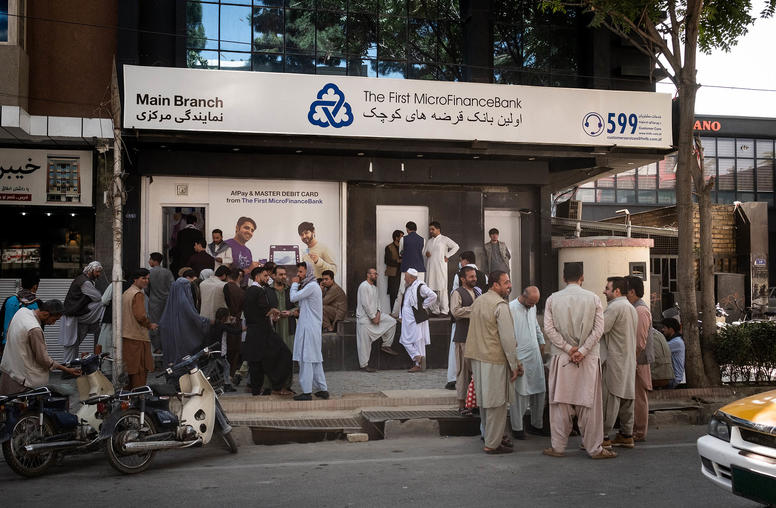
U.S. to Move Afghanistan’s Frozen Central Bank Reserves to New Swiss Fund
For almost seven months, Afghan central bank reserves frozen by the United States and set aside to somehow help the Afghan people, have sat, immobilized. Now those funds — $3.5 billion — are at long last on the move. On September 14, the U.S. and Swiss governments unveiled the “Fund for the Afghan People” as a Geneva-based foundation with its account at the Bank for International Settlements. The Fund will preserve, protect and selectively disburse this money. With this major policy step accomplished, new questions arise: What do these developments mean, what are realistic expectations for the reserves, and what needs to happen next?
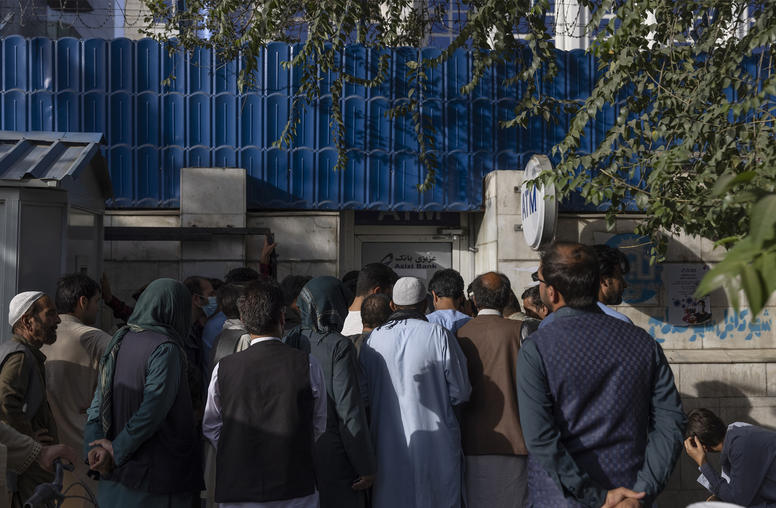
Demands for Prompt Return of Afghan Central Bank Reserves Miss the Full Picture
On August 10, a group of more than 70 international economists sent an open letter to U.S. President Joseph R. Biden Jr. and Treasury Secretary Janet Yellen urging the U.S. administration to promptly return more than $7 billion of Afghanistan’s foreign exchange reserves, held at the New York Federal Reserve Bank, to Afghanistan’s central bank (Da Afghanistan Bank; DAB). The letter followed similar pleas by U.N. officials and others. However, following the killing of al-Qaida leader Ayman al-Zawahiri in a U.S. drone strike in Kabul on July 31, the administration announced it will not release any of the reserves for recapitalization of DAB. The economists’ letter, though well-intentioned like other requests to return the reserves to DAB, does not take into account the very real constraints imposed by the U.S. legal system and judicial proceedings, as well as serious problems at DAB.
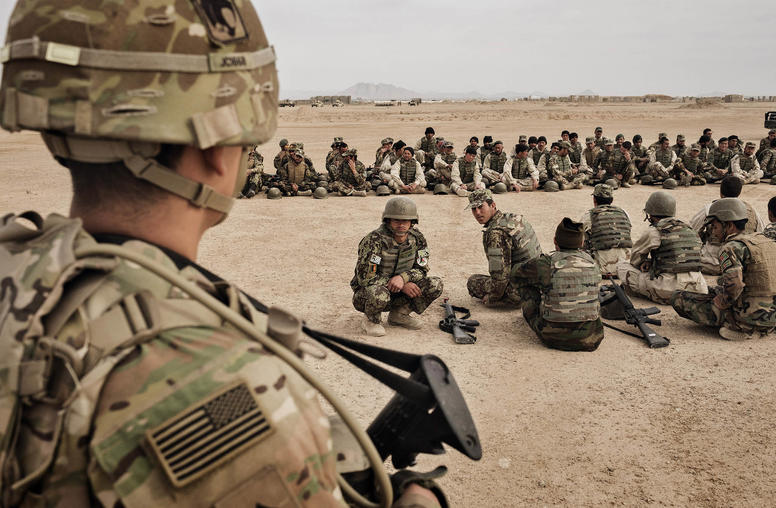
Why Have the Wars in Afghanistan and Ukraine Played Out So Differently?
The Taliban insurgency and U.S. troop withdrawal, and Russian incursions culminating in the February 24 invasion, constituted existential “stress tests” for Afghanistan and Ukraine, respectively. Ukraine and its international supporters have succeeded in preventing an outright Russian victory, imposing severe and continuing costs on Russia — ranging from high casualties to financial sanctions. Whatever happens next, the invasion has solidified Ukraine’s national will, status and orientation as an independent, Western-oriented sovereign country. In sharp contrast, Afghanistan’s government and security forces collapsed within a month after U.S. troops left the country, its president and many others fled, and the Taliban rapidly took over.
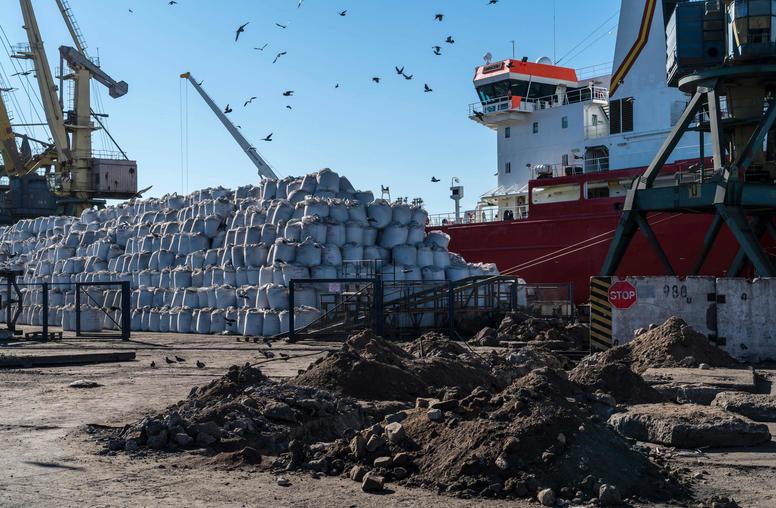
Ukraine War Fallout Will Damage Fragile States and the Poor
The world is gripped by the Russian invasion of Ukraine — already the most destructive European conventional military conflict since World War II. The damage being done most tragically to Ukraine, indirectly to Europe (not least the burden of refugee inflows) and to Russia (including as a result of crushing sanctions) is only too obvious. But the repercussions will be wider — for the global economy more generally and disproportionately for poorer countries, especially those affected by conflict and state fragility.
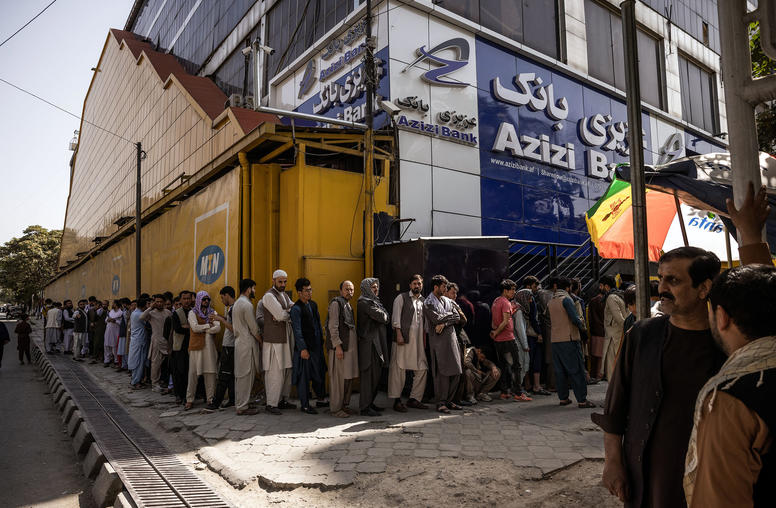
Afghanistan’s Frozen Foreign Exchange Reserves: What Happened, What’s Next
President Biden’s executive order blocking more than $7 billion of Afghan foreign currency reserves held at the U.S. central bank left confusion and consternation in its wake. And no wonder: The administration was seeking to balance a complex set of legal, foreign policy and political considerations.
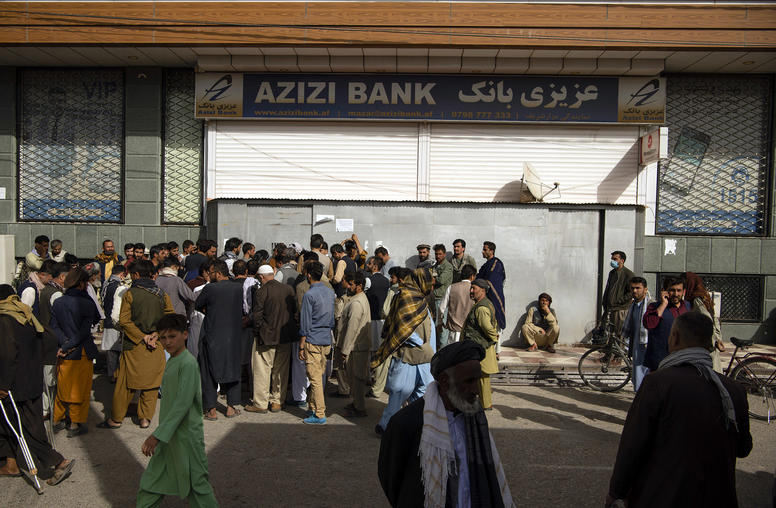
Taliban Are Collecting Revenue — But How Are They Spending It?
Although economic and humanitarian conditions in Afghanistan continue to deteriorate, the Taliban have taken some positive steps toward financial stability by publishing a fiscally responsible three-month budget and raising considerable amounts of domestic revenue — especially through customs duties, which have risen with a crackdown on corruption.
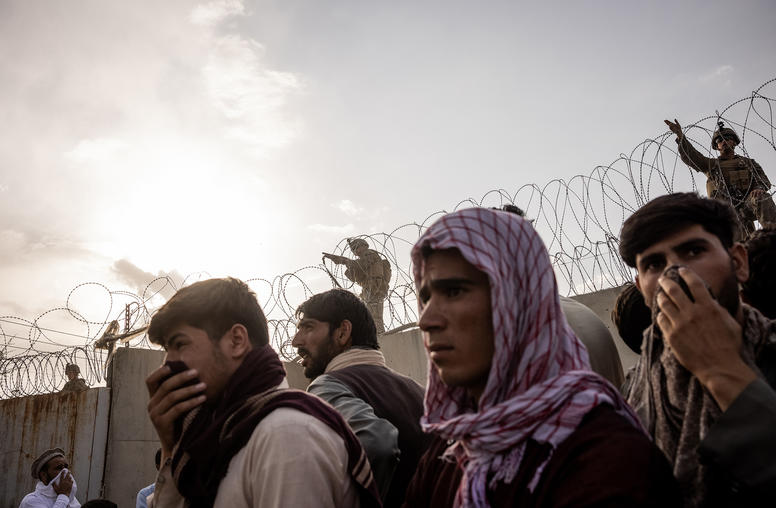
Key to Afghan Relief Efforts: Financial Engineering for Private Sector, Economy
The U.S. government needs to urgently prioritize saving Afghan lives, meeting basic human needs and stemming the free-fall of the Afghan economy. The unprecedented evacuation of some 100,000 people from Kabul airport in August demonstrated what clear objectives and a whole-hearted, government-wide focus can accomplish under the worst of conditions. While that scale of mobilization is not required now, a similar unity of effort and focus, this time on financial engineering, will be needed to deliver aid to the Afghan people and limit further economic damage in coming months.
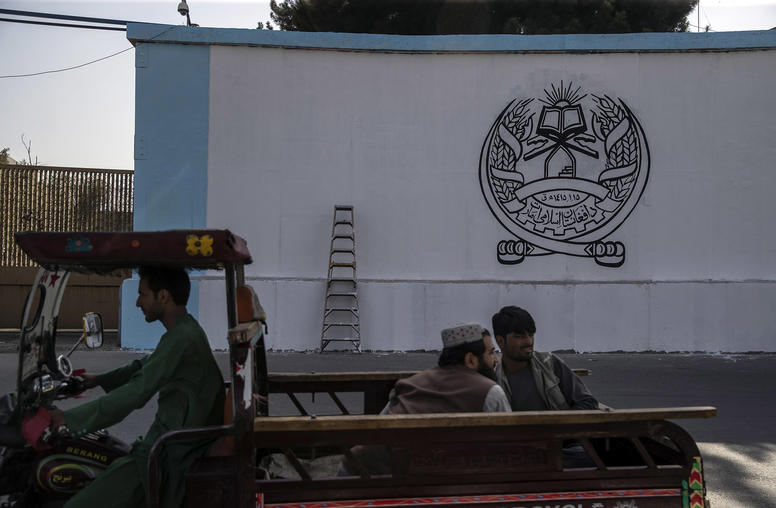
What Can the Taliban Learn From Past Afghan Conquests and Collapses?
The Taliban’s lightning conquest of Afghanistan caught many people by surprise, perhaps including the Taliban themselves. However, it is not the country’s first episode of an unexpectedly quick military victory and consequent rapid change in regime. Historical examples may provide relevant lessons for the victorious Taliban as they begin to govern the country, including pitfalls to be avoided in their own and the nation’s interest.
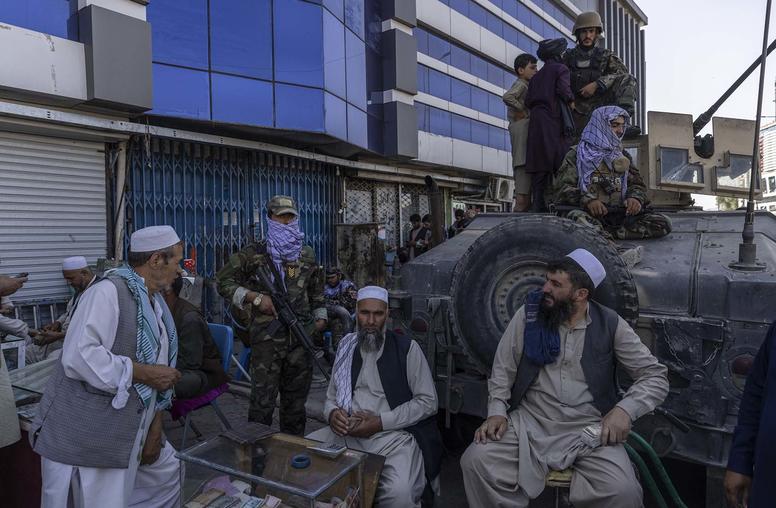
After Taliban Takeover, Can Afghanistan’s Economy Survive?
The Taliban’s unexpectedly rapid and complete victory over the now defunct Islamic Republic of Afghanistan brings with it yet another shock to the long-suffering Afghan people and the country’s very weak economy. Already plagued by insecurity, COVID, corruption, government over-centralization and mismanagement, declining revenues and drought, the Afghan economy will now face a host of challenges in the aftermath of the Taliban’s takeover and the international community cracking down on aid and assistance. As a new Afghan government takes shape, the actions of the Taliban and the response of the international community could greatly exacerbate or modestly ameliorate the current economic and humanitarian crises.
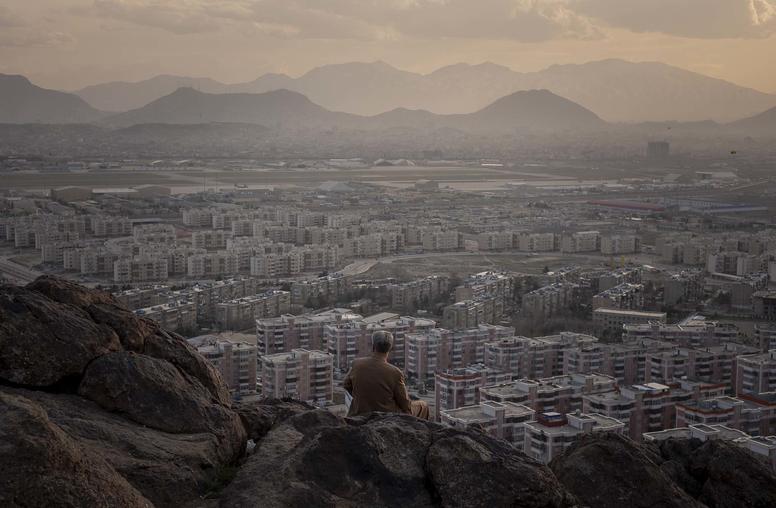
As U.S. Troops Leave Afghanistan, Can Aid Help in Pursuing Peace?
As American troops leave Afghanistan, U.S. policymakers are trying to find other tools to advance peace between the Taliban and the Afghan government. One possible instrument is financial aid, which poured into Afghanistan during the 20-year international military presence in the country. There is, however, no guarantee that aid can help shape events. Certainly, a sudden cutoff of security and civilian support would trigger state collapse. Otherwise, though, expectations should be modest: Experience — in Afghanistan and elsewhere — shows aid has limited impacts, especially amid heavy fighting. The best course for now is to keep assistance at least at its current level, particularly for the Afghan budget, retain flexibility and keep funding available to facilitate moves toward peace and address humanitarian emergencies.